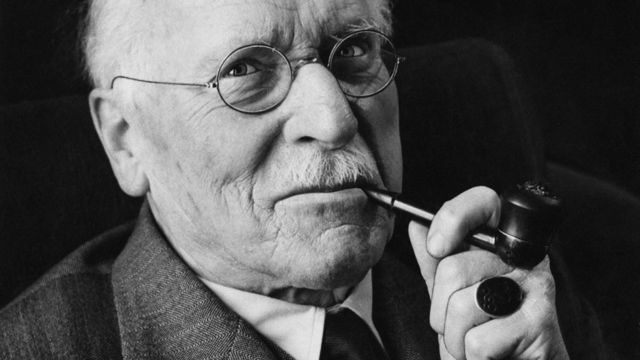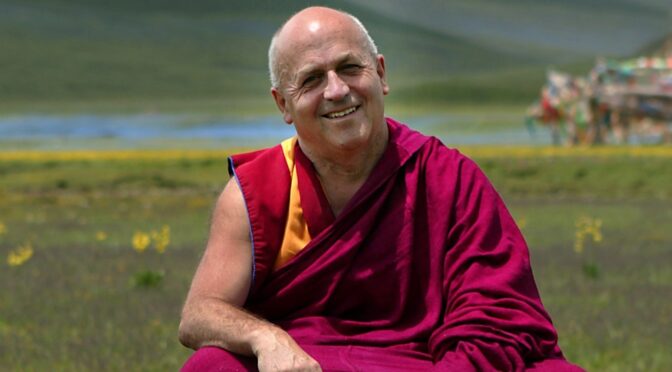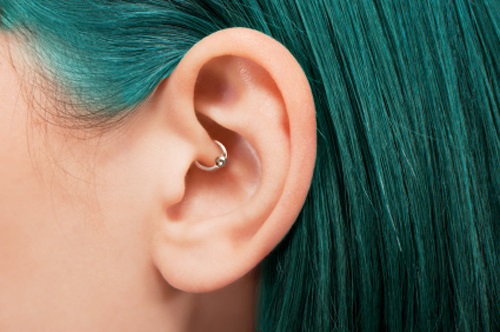The brain is arguably one of the most powerful tools available for human use. Its only limitations are the ones we consciously put on it or what we can’t conceive readily. Over the years many powers and super natural abilities have been stipulated as potentially inherent to any individual’s mind. As we become a better connected and open to possibilities, scientists has begun to explore the validity of each. One of these super abilities is a person’s ability to use their brain to guide and accelerate physical .
To be clear we aren’t talking about Reiki or chakra channeling or crystal based energy displacement. Self executed and self reliant ability to direct or speed up the body’s natural ability to heal itself. This is normally achieved through varying forms of meditative trances. There is a form of this ‘self healing’ practiced in most cultures around the world, through out the ages.
Reccently scientists have taken an interest in the possibilities of these once thought myths. The video below has Lissa Rankin speaking at a TEDtalk about the known reality of self accelerated healing. The medical profession is baffled and a little intimidated of the truth and applications of this procedure.
The only real way to test and prove this theory is with placebos. Placebos are sugar pills that are given to experiment participants.. They participants are told that the pills have certain effects, though in fact the most they could do give the person a slight sugar rush. 3,500 people with different diseases were given placebos to test the mindful healing theory. The results were all participants were healed or symptoms were improved.
In 1957, the Journal of Projective Techniques published a paper detailing an experiment in which a gentleman was given a placebo. He was told the pill was a wonder drug that would cure his cancer. After taking the pill his tumors shrank tremendously. They revealed that he had taken nothing more than suger pills and his tumors returned to the same size. They gave him another placebo and told him that the new pill was really the wonder drug. Again histumors shrank, this time to half their original size. Radio broadcasts reported that all versions of the drug he had belived to have been taking were worthless and extremely ineffective. He died the next day.
The power of intention is clear and has been proven in many unscientific arenas. Patients with terminal diseases don’t last very long if there is no family or support structure. The American Psychological Association has shown that most antidepressant are not any more effective than the placebos used to substantiate the double blind studies used to test them. Mind over matter is a hard theory to quantify but the evidence is mounting to prove that the main thing holding us back is ourselves.






